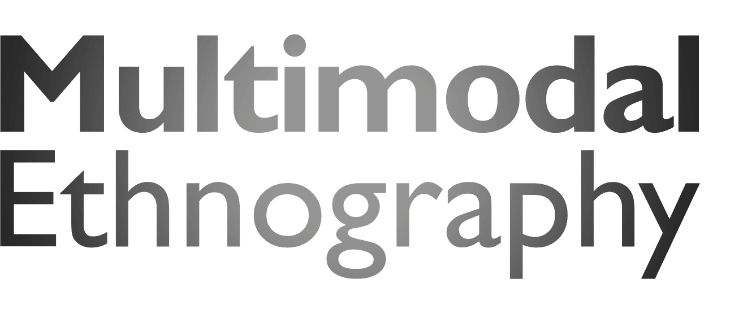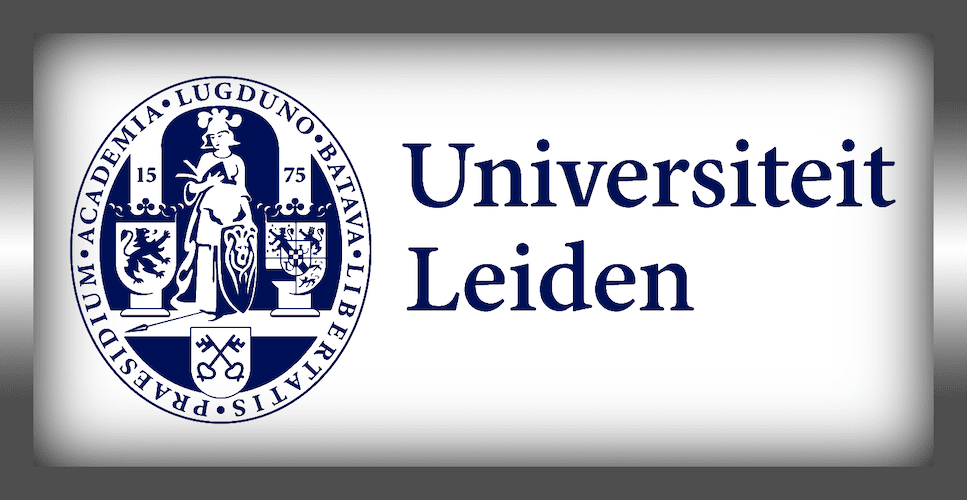In the first tutorial of Module 3 we will focus on getting comfortable with your camera, developing your recording discipline, and practicing editing in the camera. With ‘Editing in the camera’ we refer to the skill of applying cinematic principles of editing whilst making shots. Ideally, these shots could be played as a sequence without the need for post-production editing or perhaps with minimal tuning of the edges. Make sure you watch the tutorial video Editing in the Camera before this tutorial session [MAX, perhaps link this. Also, this video needs to be listed in this module (preparations), but is currently in the Pop Up Field School section].
In-Class Exercises
Equipment distribution: Student who are borrowing cameras from the university will receive their kits. Student who have their own cameras should bring them.
Recording discipline in practice: Think about the technical adjustments that you must make each time you make a shot. Practice making these adjustments multiple times in different conditions. You will be practicing these skills whilst doing the in-class exercises and the Field Study Assignment, which will help you develop these adjustments as a routine.
- Focus/depth of field/hyperfocal distance
- Aperture/ND filters/Gain/backlight
- White-balance and Color-temperature and
- Lens characteristics/zooming/ stabilizer
- Sound-settings for using the external (Sennheiser) microphone
Editing in the camera: We will perform two modes of in-camera editing by recording different types of shots for different kinds of sequences:
- Editing within the shot by choosing and changing frames and camera-positions
- Continuity-editing and Non-Continuity Editing and its implicit messages
Each exercise should not exceed the length of 3 min.
During the MiP week you will have methodological training in common ethnographic approaches as well as advanced visual ethnographic methods. Several instructors will offer hands-on lessons on anthropological filmmaking during the week. Students will practice these methodologies in the afternoon and report back on their efforts in the evening.
| Day 1 – Monday 14 October 2019 | |
|---|---|
| 12:00 | Welcome by IIRE staff, general instructions |
| 12:30 | Lunch buffet during Plenary Lecture
|
| 13:30 | Group Session: Preparing Exercises (Mark & Ildiko): Long Takes (Static Camera & Following the Action) & Cultural Inventory |
| 14:00 | Individual Exercises |
| 17:00 | Individual Reflection & Planning time: Writing Up Fieldnotes & Planning the Week Ahead |
| 18:00 | Organization of Practicalities: Settling in, Self-catering |
| 19:00 | Dinner buffet |
| 20:00 | Discussion: How to get the most of this week |
| 21:00 | Consultations: Individual / Small groups (VE film screening: Ildikó & Peter) |
| Day 2 – Tuesday 15 October 2019 | |
| 08:00 | Breakfast buffet |
| 09:30 | Workshop: (Peter, Mark, & Ildikó): |
| 12:30 | Individual Exercises: Tracking a Process |
| 16:00 | Group Session: VE Reflection & Elaboration |
| 18:30 | Dinner |
| 20:00 | Interview exercises: Group Activity with VE Students Filming |
| Day 3: Wednesday 16 October 2019 | |
| 08:00 | Breakfast buffet |
| 09:30 | Plenary Lecture: Ethnographic Interviewing & Character Portraits [Ratna, Mark and Koen] |
| 11:00 | Individual Exercises: Preparation of Interview |
| 12:00 | Individual Exercises: Interview on Field Site Location, Write or Film a Character Portrait |
| 17:00 | Group Sessions: Reflection |
| 18:30 | Dinner |
| 20:00 | Film Screening: Koen Suidgeest |
| Day 4: Thursday 17 October 2019 | |
| 08:00 | Breakfast buffet |
| 09:30 | Plenary lecture: Writing Down / Writing Out / Writing Up [Jan, Ratna] |
| 10:30 | Group Session: [Koen] |
| 11:30 | Individual Exercises: VE Students Work on FSA3 |
| Day 5: Friday 18 October 2019 @ PdlC, Leiden | |
| 11.15 | Lecture: How to Avoid Fraud and Plagiarism in the 21st Century (Jan) |
| 12:15 | Plagiarism test (mandatory) |
| 13:00 | Free Mandatory Lunch (during which Jan tells about health and body management) |
| 14.30 | Break/End of programme for MiP and GE |
| 15:00 | VE: Crit Session (Koen) Room: 0A28 |
Advanced in-camera editing:
- Long Take: following the action
- Long Take: static camera
- Process (with time-compression)
- Portrait
- Poetic/Analytical Composition
Modes of engagement with the camera:
- observational
- participatory
- sensorial
- exploring cognitive worlds
- subjective
Filmmaking as a wholebody relational practice:
- Explorations in embodiment
- Embodying relationship/embodying the camera
- Film haiku
- Thinking with the images we make

